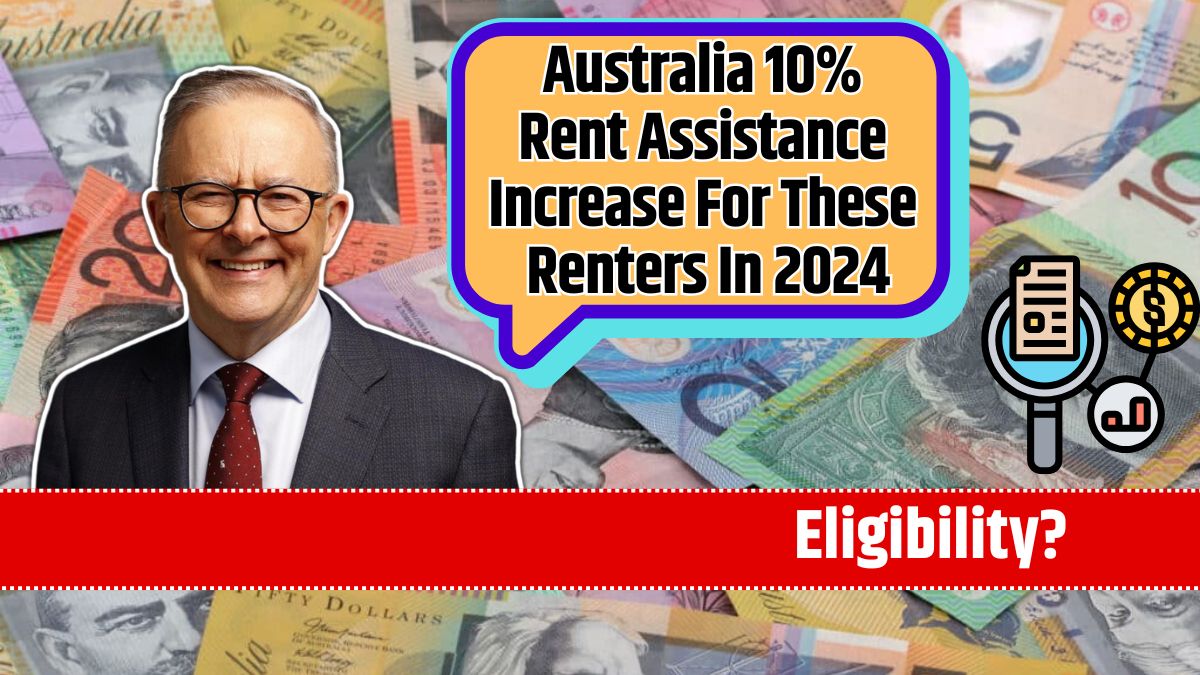Inflation continues to strain household budgets across the UK, with pensioners among the hardest hit.
Despite the State Pension’s 8.5% increase under the triple lock system, rising costs for essentials like energy and food have outpaced benefit adjustments, leading to an estimated £459 annual drop in real-term income for many pensioners in 2024.
This guide examines the root causes of this financial pressure, how pensions and benefits are affected, and the government’s efforts to provide support.
It also offers practical advice for pensioners navigating these challenging times.
The Impact of Inflation on Pensioners
Key Statistics
| Aspect | Details |
|---|---|
| Real-Term Drop in Income | £459 annually for pensioners relying on benefits. |
| Inflation Rate (Sept 2023) | 6.7%, driving up essential living costs. |
| State Pension Increase (2024) | 8.5%, reaching £221.20/week for new pensions. |
| Benefit Cap Decline | Real-term value reduced by 26% since 2016. |
Why Is This Happening?
Persistent Inflation
Inflation, driven by higher energy prices, rising food costs, and supply chain disruptions, disproportionately affects pensioners, as they allocate a larger share of their income to essentials.
- ONS Data: Older households experience steeper financial strain due to their spending habits on essentials like food and utilities.
- Benefit Cap Freeze: The cap on total benefits hasn’t been adjusted since 2016, causing significant erosion in purchasing power.
Pensions and Benefits in 2024
State Pension Adjustments
The triple lock system, which increases pensions by the highest of inflation, wage growth, or 2.5%, will result in an 8.5% rise in 2024.
- New State Pension: Increases to £221.20 per week or £11,502 annually.
- Basic State Pension: Rises to £169.50 per week or £8,814 annually.
While these adjustments are welcome, they fail to fully compensate for surging inflation.
Benefit Caps and Support Limits
The DWP Benefit Cap remains frozen, limiting the total benefits households can receive. Since the cap doesn’t rise with inflation:
- Cumulative Decline: A 26% real-term reduction in value since 2016.
- Effect on Pensioners: Many pensioners on capped benefits cannot offset rising costs despite the State Pension increase.
Government Support Measures
To help mitigate inflation’s effects, the government has introduced various support packages:
- Cost of Living Payments
- One-off £300 payment for pensioners.
- Additional payments for those on means-tested benefits and disability benefits (e.g., Universal Credit, PIP).
- Energy and Housing Assistance
- Grants for home insulation and energy efficiency under schemes like the Energy Company Obligation (ECO).
- Local councils offer targeted support, including food parcels and cash grants.
While helpful, these measures are short-term solutions that do not address the long-term challenges of high inflation and fixed incomes.
Practical Advice for Pensioners
1. Maximize Entitlements
Ensure you’re receiving all eligible benefits, such as:
- Pension Credit: Tops up income for low-income pensioners. Use the Pension Credit Calculator to check eligibility.
- Warm Home Discount: Reduces energy bills for vulnerable households.
2. Improve Energy Efficiency
Rising energy costs are a significant burden. Consider these measures:
- Apply for grants to improve home insulation or upgrade appliances.
- Use smart meters to monitor and manage energy usage.
- Check if you qualify for government-funded energy schemes like the ECO scheme.
3. Seek Local and Charitable Support
Many councils and charities offer programs specifically designed for pensioners:
- Food Banks: Trussell Trust offers emergency food supplies.
- Hardship Funds: Local councils may provide grants for urgent expenses.
- Free Financial Advice: Charities like Age UK and Citizens Advice provide guidance.
4. Explore Part-Time Work
For those able and willing, part-time work can provide an additional income stream.
- Tax Reliefs: Pensioners working past retirement age may benefit from work allowances.
- Flexible Options: Many employers offer part-time or seasonal roles suitable for retirees.
Inflation is creating significant challenges for pensioners in the UK, with many experiencing a £459 drop in real-term annual income despite increases in the State Pension.
While government support like the £300 Cost of Living Payment offers short-term relief, more comprehensive measures are needed to address long-term financial pressures.
By maximizing entitlements, improving energy efficiency, and seeking local support, pensioners can take proactive steps to mitigate the impact of rising living costs.
Staying informed about government programs and community resources will be essential in navigating these challenging times.













